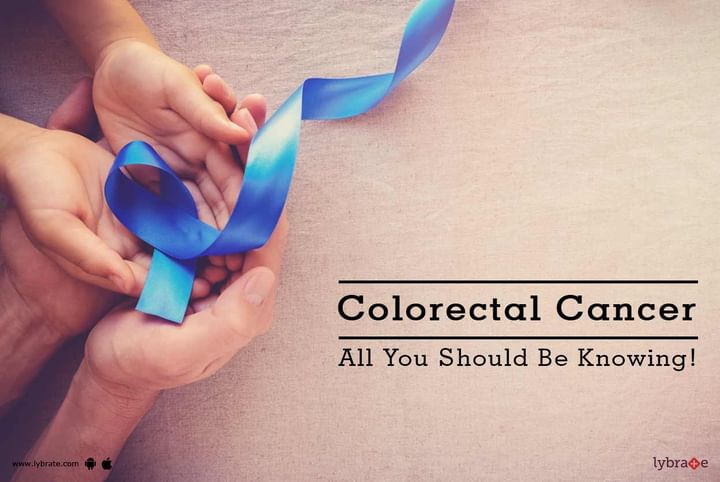Colorectal Cancer - All You Should Be Knowing!
Colorectal cancer is a very prevalent form of cancer that affects the colon or rectum (anus) in people. It is also known as bowel cancer, colon cancer or rectal cancer. It can develop in either a benign or a malignant form. A malignant form of colorectal cancer gradually spreads to all other parts of the body and can be life-threatening. Early detection and treatment, however, can keep it from getting that serious.
Symptoms: how do you know if you have colorectal cancer?
Following are the signs to watch out for-
• Stool that contains blood and is black or red in colour instead of the normal yellow
• Loss of appetite
• A tumour-like formation in the abdomen revealed after a medical check-up
• Feeling of heaviness in the abdomen even after stool has been passed
• Constipation
• Diarrhoea
• A continuous feeling of exhaustion
• Loss of weight, which you cannot understand the reason for
How do you treat this disease?
This disease can be treated in various ways. They are-
• The surgical method - The tumours and the lymph nodes near them are removed surgically from the body. This reduces the risk of cancer affecting the other body parts. The surgery may either be done for completely removing the cancerous growths or if it is too late, to provide relief from the symptoms.
• Chemotherapy - This involves the use of medicines to relieve cancer. The medicines may also be used in combination with surgery, to reduce the size of the cancerous tumours before they are operated on.
• Radiation therapy- This procedure uses rays to shrink cancerous tumours and heal cancer, or at the least keeps it from affecting other body parts. It is a common form of treatment in case of bowel cancer.
Recovery: the final step
The last step in treatment and gradual recovery of the patient depends on the following factors-
• If the patient was healthy before cancer struck
• If detection was made early
• If the patient’s colon was blocked or impaired
Colorectal cancer is a disease that has the potential to turn fatal. Early detection can help in almost all cases, so you best watch out for the symptoms. If you are diagnosed with it, you can go for treatment in any of the methodologies mentioned above.



+1.svg)
